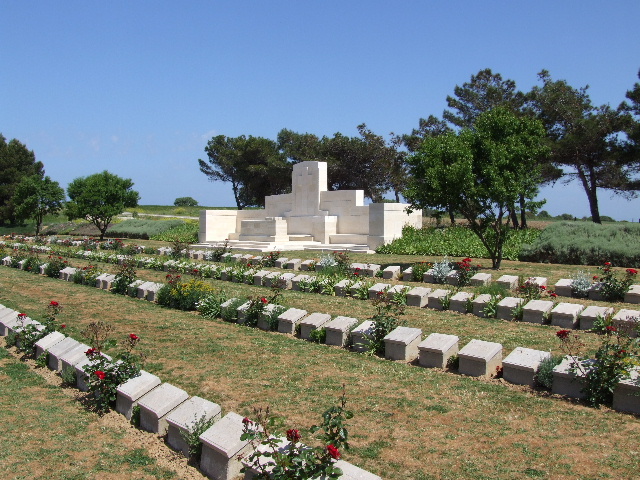Name
William George Heys
1867
Conflict
First World War
Date of Death / Age
04/06/1915
48
Rank, Service Number & Service Details
Lieutenant Colonel
Manchester Regiment
8th Bn.
Awards: Service Medals/Honour Awards
Not Yet Researched
Territorial Decoration, Mentioned in Despatches
Cemetery/Memorial: Name/Reference/Country
LANCASHIRE LANDING CEMETERY
A. 29.
Turkey (including Gallipoli)
Headstone Inscription
Not Researched
UK & Other Memorials
Not on the Bushey memorials
Pre War
Wartime Service
William George Heys served from 4 August 1914 to 4 June 1915 as a Lieutenant Colonel in the Territorial Force with the 8th (Ardwick) Battalion, Manchester Regiment, part of the 127th Brigade, 42nd East Lancashire Division.
The division was sent to Egypt in September 1914 to protect the Suez Canal from Turkish attack, but early in May 1915 they were sent to Cape Helles on the Turkish Dardanelles peninsula, following the failure of the Allies to achieve the anticipated swift success at Gallipoli during April. The 125th Brigade landed in time to participate in the second Battle of Krithia on 6 May, with the entire division involved in the third Battle of Krithia on 4 June.
By Gallipoli standards, the advance of the 42nd Division at the third battle of Krithia was very successful, quickly reaching the first objective of the Turkish trenches and moving beyond to advance a total of 1,000 yards. This attack, starting at noon on a hot bright summer’s day, was made by the 127th (Manchester) Brigade, which broke through the Turkish 9th Division’s defences within five minutes, and captured 217 prisoners, and by 1.30pm the Division was within three quarters of a mile of Krithia village.
Early in the attack the commander of 127th Brigade, Brigadier-General Noel Lee, had been wounded in the throat, probably by shrapnel, and evacuated to a first aid post, and William, as senior officer, had taken over command. At around 4 pm, Major General Sir Aylmer Hunter-Weston, the Divisional Commander, ordered the troops to dig in and consolidate their positions, but by this time William had been killed outright whilst inspecting a captured Turkish trench. The order to dig in coincided with the Turkish reserves counter-attacking against the Manchester Brigade in the centre. Within one hour, the brigade was under attack from three sides, so was eventually ordered to withdraw at 6pm.
William lost his life, aged 48 years, whilst leading his men in the thick of the battle, but by the end and after being forced to withdraw, their new front line was a mere 200 to 250 yards in front of their start line, passing through a patch of vines that earned the area the name of ‘The Vineyard’, which was to be the site of heavy fighting again in the August.
British troops suffered a loss of 4,500 men during the battle, whilst the French lost 2,000 men and the Turkish force is estimated to have lost around 10,000 men.
Source: The Provincial Grand Lodge of West Lancashire.
William now lays at rest in Grave A 29, Lancashire Landing Cemetery, Gallipoli. He is also believed to be commemorated on the Athenaeum Club Memorial, Manchester, (currently located at the Grand Pacific Bar and Restaurant, King Street, Manchester, M2 4ST), although the name is recorded as Lieutenant Colonel William George Heyes. William was mentioned in despatches.
The Probate record for William in 1915 gives the address as Darley Croft, Darley Avenue, West Didsbury, Manchester and his profession as a Consulting engineer and patent agent. He left an estate of £5,131 to Marion.
At sometime after William’s death, Marion moved to 15 Crescent Road, Altrincham in Cheshire and his medal record card gives her address as 6, Willowtree Rd, Altrincham.
Additional Information
Information provided with the kind permission of Bushey First World War Commemoration Project – Please visit www.busheyworldwarone.org.uk.
Acknowledgments
Andrew Palmer
Dianne Payne - www.busheyworldwarone.org.uk, Jonty Wild



